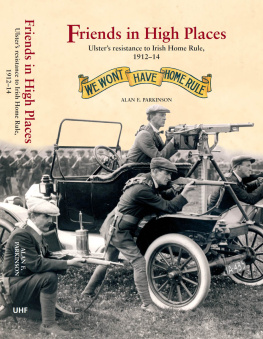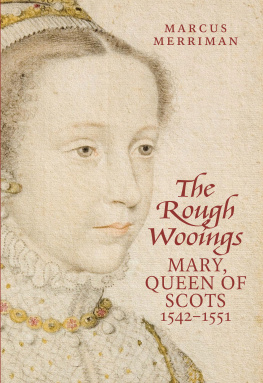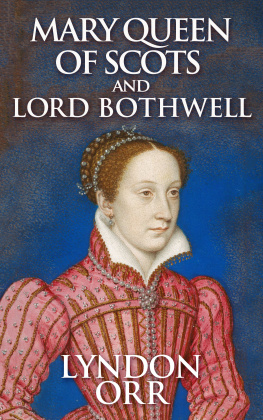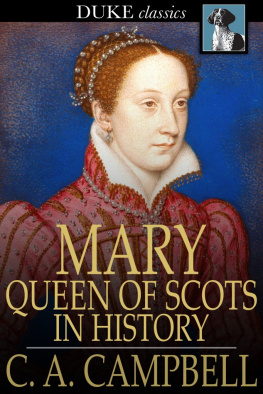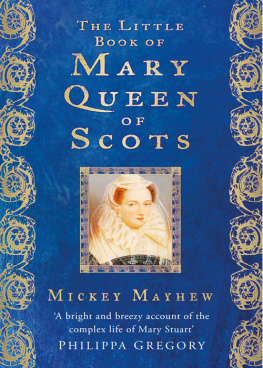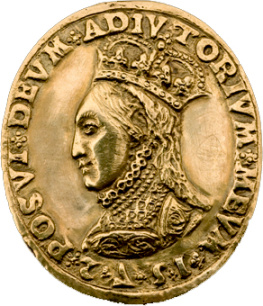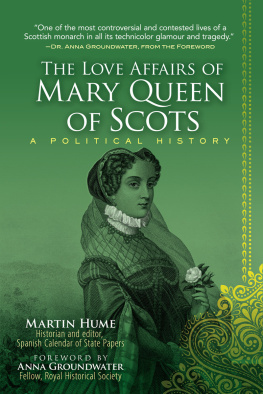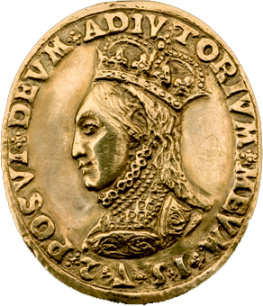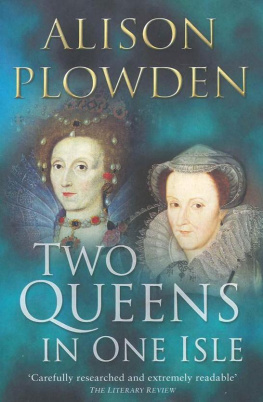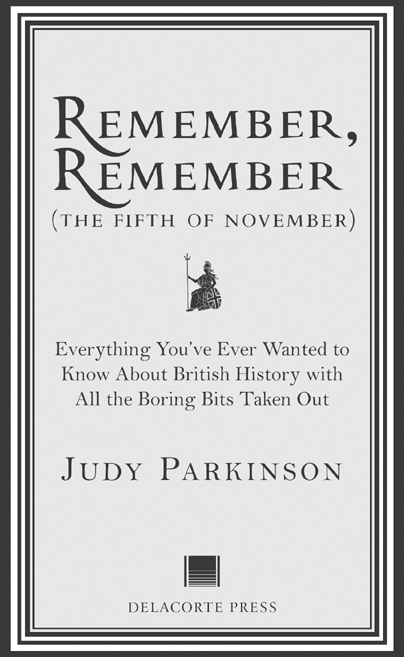EDITORS INTRODUCTION
AND ACKNOWLEDGMNTS
T his book was born out of a desire to encapsulate the whole sweep of British historyfrom the Roman invasion to the end of the Second World Warin no more than 150 entries, each no longer than 250 words. Could it be done? At first, the task seemed impossible: How could something as complex as the Wars of the Roses or the Treaty of Versailles possibly be condensed into such a brief entry? But after much painstaking (and painful) pruning, the result is, we believe, a comprehensive overview that gives you all the key facts without any flab.
Why we undertook this task is another matter. For many of us, Britains history was taught piecemeal, with in-depth coverage of some periods and complete absence of information on others. For some, perhaps an older generation, it was taught as a list of worthy but dull dates, which were very easily forgotten. It is not surprising, therefore, that many of us reach adulthood with embarrassing gaps in our knowledge, conscious of a vague feeling that we should know more about the subject. Which George was which? Was Bloody Mary the same as Mary, Queen of Scots? And who murdered Thomas Becket, and why did it matter anyway?
This is where Remember, Remember steps in. Aiming to address these gaps in a simple, accessible format, each subject is presented as a short, self-contained article, designed to be dipped into, yet both comprehensive and accurate. An index is provided for cross-reference purposeshistory is nothing if not interlinkedand a list of further reading. There is also a list of monarchs and an extended time line, covering most major events including those that, for reasons of space, do not have their own entries in the main text.
In short, this book will provide you with a useful introduction to and overview of British history, though if you want a detailed analysis of the effects of the repeal of the Corn Laws on nineteenth-century foreign trade you will, sadly, need to look elsewhere.
Like all the best and most enthralling stories, this countrys history is a tale of courage and character, honor and faith, pride and hope, skill and invention, endurance and, sometimes, sheer luck. Remember, Remember restores us to the gloriousand, often, not so gloriousnarrative of these islands story, and on the way reminds us of what weve forgotten, or teaches us what we were never taught.
The editors would like to thank, first of all, the author, Judy Parkinson, for her sterling research work and efficiency under extreme time pressure. We would also like to thank Dominique En-right and Jamie Buchan for their meticulous fact-checking, Ana Bjezancevic for the lovely cover design and map, and Claire and Toby Buchan for Britannia and much besides. Grateful thanks are also due to Thomas Edlin, historian at Westminster, for his thorough attention to detail and hugely helpful insights, and Dr. Frances Ramsey, also of Westminster School, for putting us on to him. Needless to say, any remaining mistakes are our own.

TIME LINE
| R OMAN B RITAIN |
| 55 and 54 B.C. | Roman incursions of Julius Caesar |
| A.D. 47 | Conquest of southeast England |
| 50 | Founding of Londinium |
| 60/61 | Revolt of Queen Boudicca |
| 7084 | Conquest of Wales and Scotland |
| 122 | Hadrians Wall built |
| 196213 | Britain becomes two provinces |
| 306 | Constantine the Great proclaimed at York |
| 367369 | Barbarian offensive |
| 398400 | Victories over Picts, Scots, Saxons |
| T HE D ARK A GES |
| 477 | Saxon settlement of Sussex |
| 495 | Saxon settlement of Wessex |
| 597 | Saint Augustine lands in Kent |
| 664 | Synod of Whitby |
| 731 | The Venerable Bede completes his History |
| 757 | Offa becomes King of Mercia |
| 793 | Danish raids on Lindisfarne, Jarrow, Iona |
| 865 | Danish (Viking) army lands |
| 867 | Northumbria falls to the Danes |
| 871 | Danes attack Wessex, Alfred becomes king |
| 878 | Alfred defeats Danes at Edington |
| 910920 | Most of the Danelaw recaptured |
| 991 | Treaty between England and Normandy |
| 1002 | Ethelred orders massacre of Danes in England |
| 1017 | King Canute divides England into four earldoms |
| 1042 | Edward the Confessor becomes king |
| 1066 | Battle of Hastings |
| T HE M IDDLE A GES |
| 1086 | Domesday Survey |
| 1120 | White Ship sinksHenry Is heir dies |
| 11391153 | Civil war in England |
| 1153 | Henry of Anjou (Henry II) invades England |
| 11691172 | English conquest of Ireland begins |
| 1170 | Murder of Thomas Becket |
| 11901192 | Richard I on Crusade |
| 1215 | Magna Carta, civil war in England |
| 1258 | Barons take over royal government |
| 1259 | Treaty of Paris between England and France |
| 1264 | Battle of Lewes, Simon de Montforts government |
| 12821283 | Edward Is conquest of Wales |
| 1291 | Edward I becomes overlord of Scotland |
| 1294 | War with France begins |
| 1295 | Franco-Scottish alliance |
| 1296 | Edward I invades Scotland |
| 1306 | Robert the Bruces rebellion |
| 1314 | Scottish victory at Bannockburn |
| 13151317 | Great Famine |
| 1337 | Hundred Years War begins |
| 1346 | English victory at the Battle of Crcy |
| 1347 | English capture Calais |
| 1348 | Black Death arrives in England |
| 1356 | English defeat French at Poitiers |
| 1381 | Peasants Revolt |
| 1382 | John Wycliffes Bible condemned |
| 1389 | Richard II comes of age |
| 1399 | Richard II deposed by Henry IV |
| 1415 | English victory at Agincourt |
| 14191420 | English conquest of Normandy |
| 14491450 | French overrun Normandy |
| 1455 | Battle of St. Albansstart of the Wars of the Roses |
| 1477 | William Caxtons first printed book |
| 1483 | Richard III becomes king, deposing his nephew Edward V |






